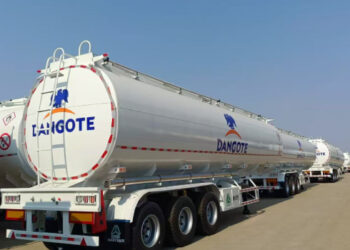In Nigeria’s ever-shifting economy, one constant has quietly underpinned growth: family-owned businesses.
For decades, they have been ingrained in society, shaping the country’s economic trajectory while weathering downturns, policy shifts, and volatile market cycles.
According to a study by McKinsey, family-owned businesses account for more than 70% of global GDP, generate annual turnovers of between $60 trillion and $70 trillion, and provide around 60% of global employment.
From trading outposts that evolved into sprawling conglomerates to food processors that turned local produce into export-ready products, these enterprises reflect the resilience and ingenuity that define Nigeria’s private sector and some parts of its public sector.
Their growth stories are not just about survival in sticky economic climes, but about steering directional change in key sectors of Africa’s largest economy.
Methodology
This spotlight draws companies with founding roots in Nigeria that have grown to serve wider markets across Africa and beyond. Each has been in operation for at least 25 years, with demonstrable succession in managerial or directorial roles within the family.
We also examined their journey maps, market expansion, brand strength, and institutional resilience using only publicly available data. This list is not exhaustive; many more family-owned firms continue to shape Nigeria’s economy outside the public eye.

Family: The Baloguns
The First City Monument Bank (FCMB) Group is one of Nigeria’s most prominent family-owned financial services groups, founded by Otunba Michael Olasubomi Balogun (1934–2023).
Often referred to as the “grandfather of investment banking in Nigeria”, he established City Securities Limited in 1977, which later gave birth to First City Merchant Bank in 1982, the first wholly Nigerian-owned merchant bank, without foreign or government backing. This was a groundbreaking feat at a time when foreign interests dominated the financial sector.
Over the decades, FCMB transformed into a full-fledged commercial bank, later evolving into a holding company structure FCMB Group Plc with subsidiaries in commercial banking, investment banking, asset management, pensions, microfinance, and fintech services.
The Balogun family remains central to the bank’s identity. Although the founder, Subomi Balogun, retired from active management, his vision and values continue to guide the group.
His children have taken up leadership roles, ensuring continuity. Ladi Balogun, one of his sons, served as Group CEO of FCMB Group Plc for nearly 17 years and now serves as the Group Chief Executive of FCMB Group Holdings Plc, driving strategy, digital transformation, and expansion into inclusive banking.

























